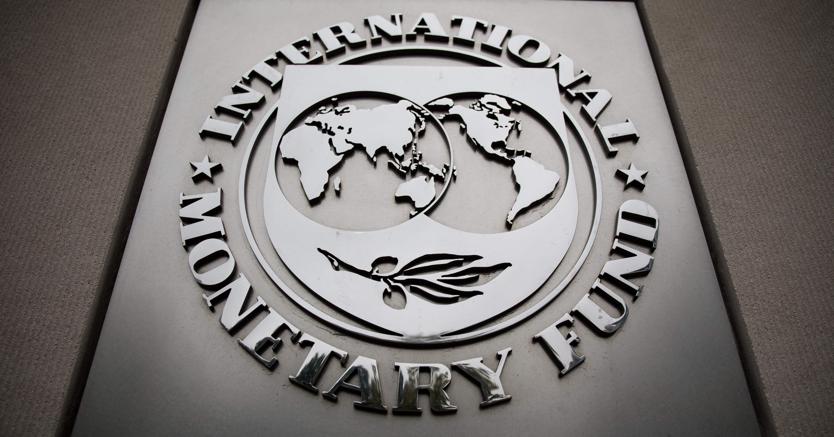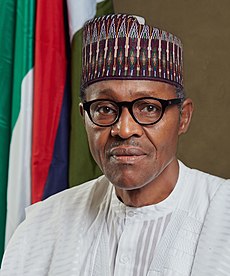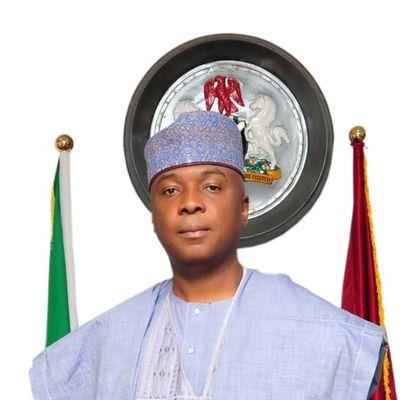The International Monetary Fund (IMF) has raised Nigeria’s Gross Domestic Product (GDP) projection for 2019 to 2.3 per cent, up from the 1.9 per cent it had predicted for the country previously.
The fund stated this in its World Economic Outlook (WEO) update titled, ‘Less Even Expansion, Rising Trade Tensions,’ released Monday.
The multilateral institution attributed its higher growth forecast for the country in 2019 to improved outlook for oil prices.
Although Nigeria’s second quarter 2018 GDP figures are yet to be released by the National Bureau of Statistics (NBS), the country had recorded growth rate of 1.95 per cent in the first qua rter of the year, lower than the 2.11 per cent recorded in the fourth quarter of 2017.
In addition, the IMF in the latest report noted that the recovery in Sub-Saharan Africa was set to continue, supported by the rise in commodity prices.
For the region, growth was expected to increase from 2.8 per cent in 2017, to 3.4 per cent this year, rising further to 3.8 per cent in 2019 (0.1 percentage point higher for 2019 than forecast in the April WEO).
The Fund stated, “The upgraded forecast reflects improved prospects for Nigeria’s economy. Its growth is set to increase from 0.8 per cent in 2017 to 2.1 per cent in 2018 and 2.3 per cent in 2019 (0.4 percentage point higher than in the April WEO for 2019).
“Despite the weaker-than-expected first quarter outturn in South Africa (in part due to temporary factors), the economy is expected to recover somewhat over the remainder of 2018 and into 2019 as confidence improvements associated with the new leadership are gradually reflected in strengthening private investment.”
Commenting on the latest WEO, The Economic Counsellor and Director of the Research Department, IMF, Maurice Obstfeld, noted that overall growth in sub-Saharan Africa would exceed population growth over the next couple of years, allowing per capita incomes to rise in many countries.




